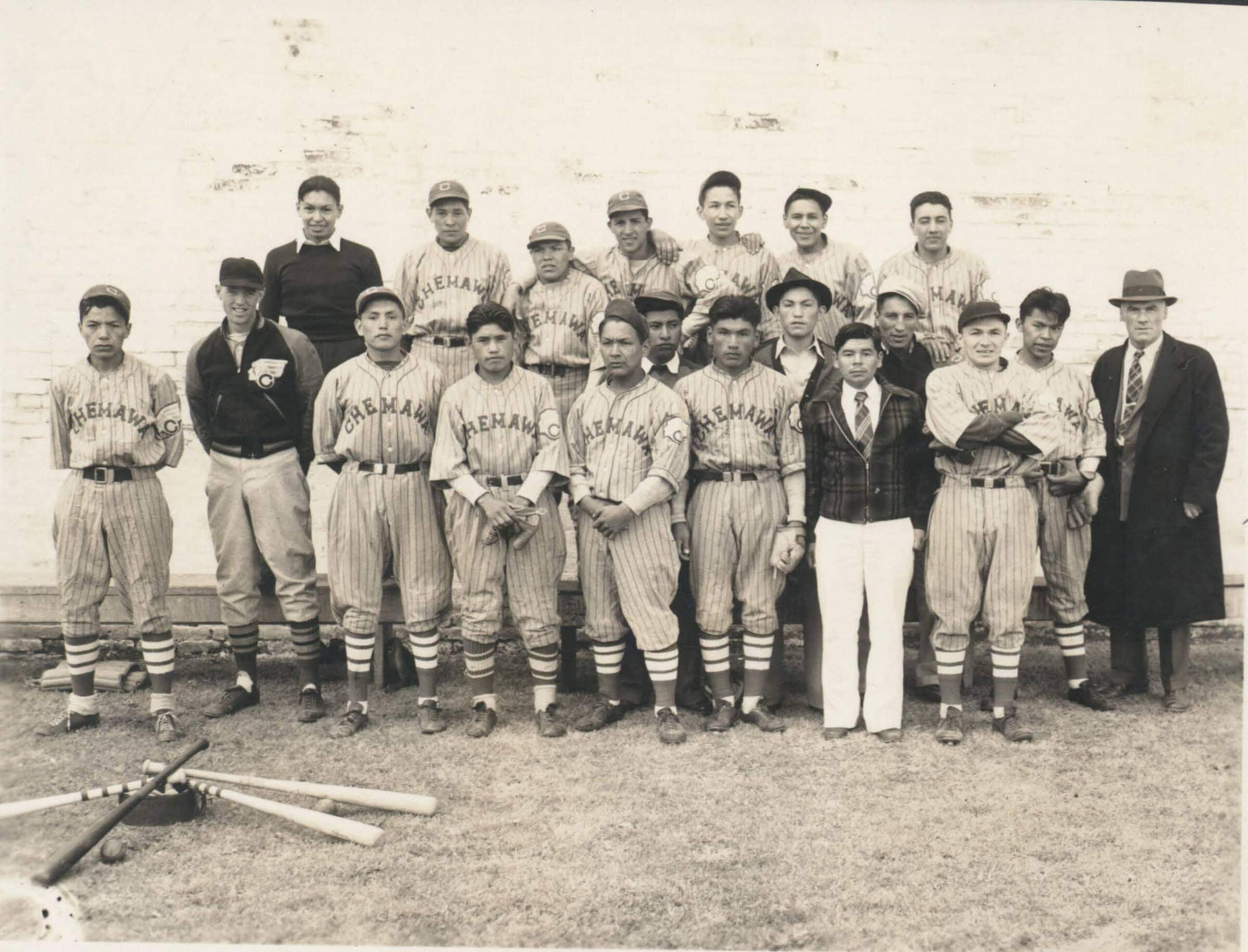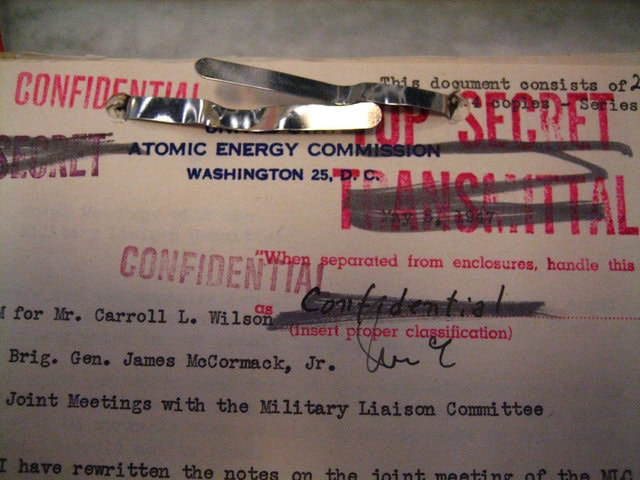The American Historical Association and its allies have recently won victories in efforts to prevent the destruction of certain federal records of historical value and to lift restrictions on others. But as historians were exercising the Freedom of Information Act, fighting for declassification of federal documents, and supporting the PROFS case to prevent destruction of electronic records in the White House, tons of historical records in their own back yards wound up in the trash, deteriorated in city hall basements or courthouse attics, or sat inaccessible for want of funds for processing in state and other archives. The fate of documents such as these depends in part on whether in 1993 historians take as much interest in the NHPRC as they do in the Nixon Papers.
The NHPRC—the National Historical Publications and Records Commission—is a small federal agency that makes grants for the preservation and publication of historical records nationwide. John Franklin Jameson, whose papers the AHA is publishing with grant assistance from the NHPRC, persuaded the Congress to create the Commission simultaneously with the creation of the National Archives in 1934. Originally, the Commission’s role was to promote documentary publication. Subsequently the Congress authorized it to make grants to preserve and process records for use as well as to publish them.
However, the Congress must periodically reauthorize the NHPRC grant program. The current authorization expires at the end of fiscal year 1993. Unless the new administration and the new Congress reauthorize the NHPRC before midnight, September 30, we will go out of the grant-making business.
I am grateful that AHA’s leadership is aware of the situation. Page Putnam Miller of the NCC and AHA’s Executive Director Samuel Gammon have carried the NHPRC’s case both to the Office of Management and Budget and to key committees in the Congress. At the recent annual meeting in Washington, the AHA passed a resolution of support for the NHPRC’s reauthorization, which also will be helpful. But I hope that individual historians, too, will fully realize just how much is at stake.
Many historians know that NHPRC is a major funder of microform and book editions of documents used by scholars and their students. NHPRC grant recipients have produced more than 700 volumes of documents and more than 9,000 reels of microfilm. NHPRC grants have helped to bring to completion 225 microform or book editions including the papers of Alexander Hamilton, Henry Clay, Booker T. Washington, Susan B. Anthony, and Elizabeth Cady Stanton. NHPRC grants are currently helping to complete editions of the papers of such figures as Benjamin Franklin, Jane Addams, Samuel Gompers, Thomas Edison, and Martin Luther King, Jr., and papers documenting such historical developments as the ratification of the Constitution, the emancipation of the slaves, and the interaction of Native Americans and Spanish colonists in southwestern America.
Historians are less likely to know, however, about the extent to which NHPRC grants help to preserve the archival materials they use, and to make them accessible for use. NHPRC has made grants in every state to help archivists preserve, arrange, and describe records, including maps and photographs, on an enormous range of historical subjects. NHPRC grants have helped local governments and nonprofit organizations create archival programs so that historians can get at records that otherwise sit in spare rooms, warehouses, or receptacles destined for destruction. NHPRC grants have helped every state but one to survey historical records and conditions statewide. That is how we know that the potential loss is substantial, that paper shredding and tape erasing are not the only threats, that the American record is full of insect holes, rat chewings, sun-seared script, photograph fading, and manuscript mold.
The NHPRC makes more than a hundred grants a year for work that has the ultimate effect of aiding historical research. Sooner or later, almost any historian working in almost any field of American history is going to be using records that are preserved and available thanks at least in part to an NHPRC grant. Just within the past year, the NHPRC has made grants to the Balch Institute for Ethnic Studies, in Philadelphia, to inventory and describe some of its largest collections; to the University of Wyoming to catalogue Western history collections in its American Heritage Center; and to state archives, local governments, and historical societies from Florida to California. Moreover, while a court in the PROFS case deliberated over whether to stop destruction of White House electronic records, the NHPRC made a grant to the University of Pittsburgh to do research that will help archivists deal with the technical problems of preserving and providing access to all of the new kinds of electronic records that future historians will need.
Will the Congress actually quit appropriating funds for saving America’s historical records?
Probably not. But the program could easily be permitted to continue to starve to death. NHPRC’s current authorization allows it to receive up to $10 million per year. But the Congress has never actually appropriated more than $5.4 million, which the last Congress cut back to $5 million. In real dollars, that is less than the Commission received back in 1979. If the Commission had just kept up with inflation, its current appropriation would be at least $8 million, $3 million more than what it is.
As of this writing, the Commission was asking the White House and the Congress for a six-year reauthorization at levels rising from $12 million in fiscal year 1994 to $18 million by the end of the decade. Those modest figures are based on the cost of objectives the Commission has set forth in a strategic plan for documentary progress in the 1990s. AHA’s exceptionally effective representative to the Commission, John Alexander Williams, chaired the committee that developed the plan. Whether it will be funded will depend in no small part on how many more historians care.
Gerald George is executive director of the National Historical Publications and Records Commission.


